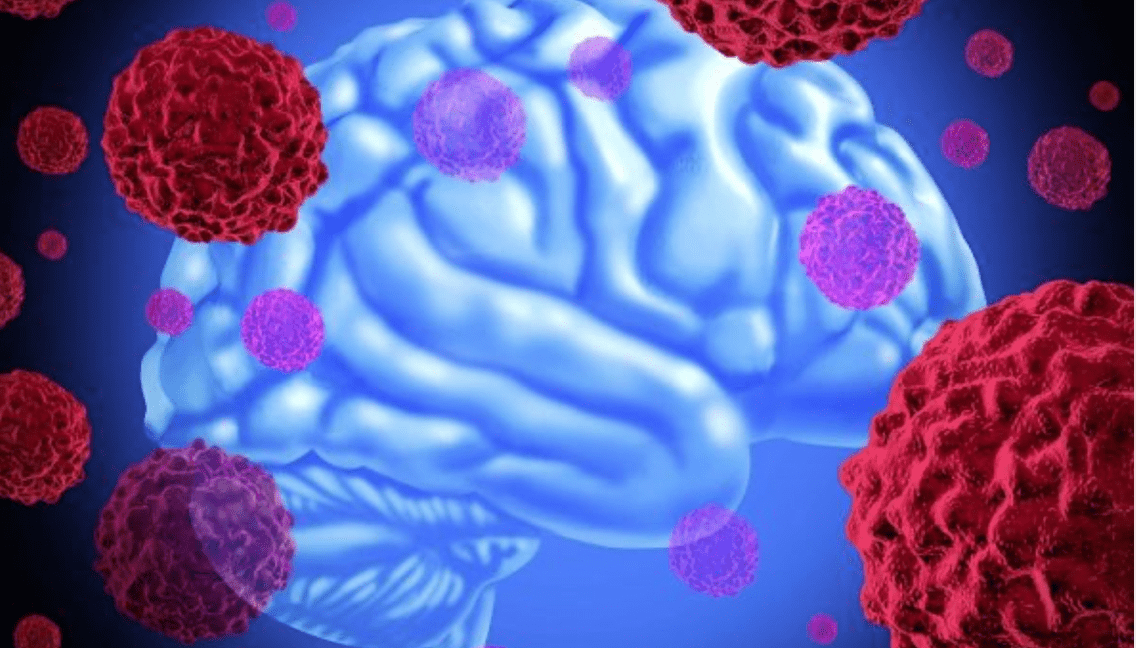-
 News
When glucose levels are low, chemotherapy ceases to affect cancer cells
News
When glucose levels are low, chemotherapy ceases to affect cancer cells
-
 News
Excessive treatment of prostate cancer in older men may reduce quality of life without increasing its duration
News
Excessive treatment of prostate cancer in older men may reduce quality of life without increasing its duration
-
 News
Brain cancer can be cured by viruses
News
Brain cancer can be cured by viruses
-
 News
Ways to reduce lymphatic pain in breast cancer have been found
News
Ways to reduce lymphatic pain in breast cancer have been found
-
 News
Scientists have turned bacteria into a powerful weapon against cancer
News
Scientists have turned bacteria into a powerful weapon against cancer
All news
Liver hemangioma treatment
A hepatic hemangioma is a non-cancerous (benign) mass in the liver consisting of a tangle of blood vessels. These masses in the liver, also known as hepatic hemangiomas or cavernous hemangiomas, are quite common and are estimated to occur in 20% of the population.
In most cases, liver hemangiomas are discovered during an imaging exam for another condition. People with liver hemangioma rarely experience signs and symptoms of the disease and usually do not need treatment.
The awareness that you have a tumor in your liver, even if it is a benign mass, can be alarming. However, there is no evidence that an untreated hemangioma of the liver can lead to liver cancer.
In most cases, this tumor is not dangerous to the individual and does not have any impact on his or her daily life. However, in such situations, it is necessary to undergo periodic examinations to monitor the growth of the tumor. The larger the tumor becomes, the higher the risk of complications. The most serious and dangerous complication is bleeding, which can be caused by a blow to the abdomen, weight lifting or simply by sudden movement.
MedTour patients recommend clinics for the treatment of liver hemangioma:
Doctors for the treatment of liver hemangioma
Frequently Asked Questions
The name hemangioma, which comes from the Greek words haima ‘blood’ and angeon ‘vessel’, is a benign mass of vascular origin.
Small liver hemangiomas (less than 5 cm) usually do not need special treatment. However, it is necessary to periodically do special diagnostic studies (ultrasound, CT scan) to monitor the tumor size in dynamics.
It is necessary to exclude alcohol and carbonated drinks, hyperallergenic foods, limit fatty, fried, smoked, canned food, include in the diet liver, lean fish, vegetables, non-acidic fruits, dairy products.
In adults, hemangioma is rare. Provoking factors for the occurrence of this pathology in adulthood are hereditary predisposition, disorders in the vascular system, exposure to ultraviolet irradiation.
Treatment of hepatic hemangioma
Many hemangiomas are diagnosed at birth or in infancy.
- There is no medication to treat hemangioma of the liver. If the tumor grows rapidly or causes noticeable discomfort or pain, surgery may be needed to remove it. So-called vascular embolization, in which the blood vessels feeding the hemangioma are blocked, can slow or reverse its growth. Sclerosing is widely used. This method involves injecting a substance into the tumor cavity that glues its walls together and prevents the tumor from forming again.
If this method is ineffective, surgical intervention is used:
- segmental liver resection;
- liver lobe removal.
The choice of method of surgical treatment of hepatic hemangioma in men and women depends on the rate of its growth, severity of symptoms, presence or absence of complications. Direct indications for surgery are:
- tumor diameter more than 5 cm;
- increase in tumor size by 50% or more over a year;
- rupture of the tumor;
- signs of compression of surrounding tissues;
- suspected malignant nature of the tumor.
Published:
Updated:









